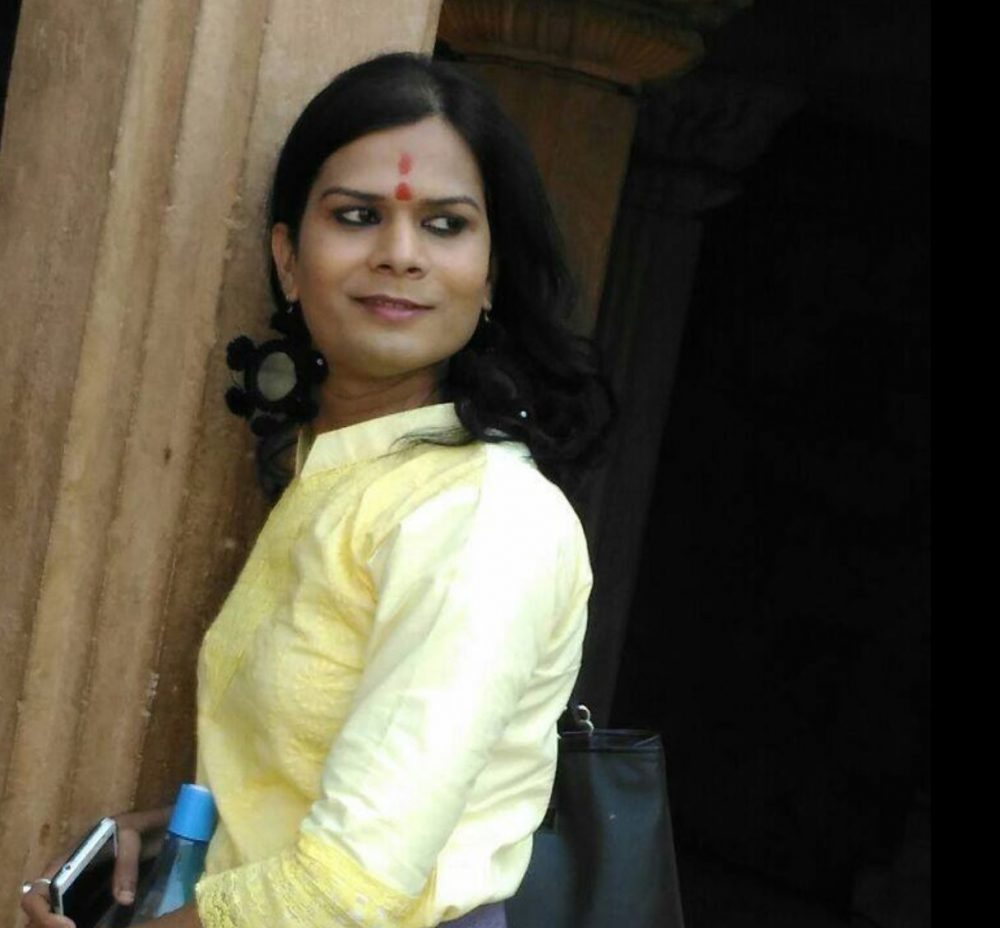Jovita Mondal was appointed to the Islampur Lok Adalat, a People’s Court, that provides a forum where disputes/cases pending in the court of law or at pre-litigation stage are settled amicably.
Mondal says that she is well aware of tokenism the government uses to cover up a bigger issue of inequality.
“All governments want to appoint one person from a weaker community to a top post so that voices of others of the community are muffled. I would not let that happen,” she said.
Born to a traditional Hindu family in Kolkata, Mondal endured bullying and discrimination growing up.
She dropped out of school, and was sleeping in bus shelters and begging to stay alive, until she moved to Islampur, in West Bengal, in 2009, aged 21.
No hostels in Islampur would take her in, so once again, she was forced to sleep in bus shelters.
The hostility she faced gave her the aspiration to make a change for trans people in the region.
After befriending some people in the local trans community, she formed Dinajpur Notun Alo, which roughly translates to Dinajpur New Light, an organisation that has provided aid to over 2000 trans people in the last seven years.
Mondal says among her pursuit of trans justice in India, her priority is getting transgender rights in the workplace, that if she could get “dignified jobs” for 2-3% of transgender people in Islampur, she would consider that a success.
“Individual successes mean nothing,” she said. “Even as I move around in air-conditioned cars now, my people beg at day and work as sex workers at night.”
